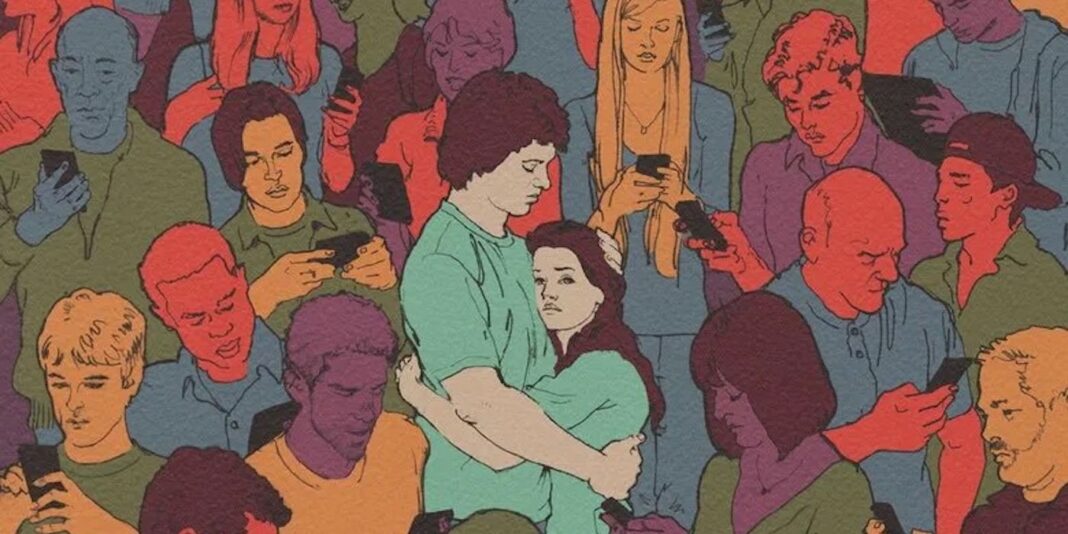## The Adam Sandler, Jason Reitman, and Timothée Chalamet Surprise Nobody Saw Coming
Imagine a confluence of unexpected talent: Adam Sandler, the king of goofy comedies, teaming up with Jason Reitman, director of heartfelt dramas like “Juno” and “Up in the Air,” and casting rising stars Timothée Chalamet and Kaitlyn Dever in a story that… well, let’s just say it didn’t quite light up the box office.
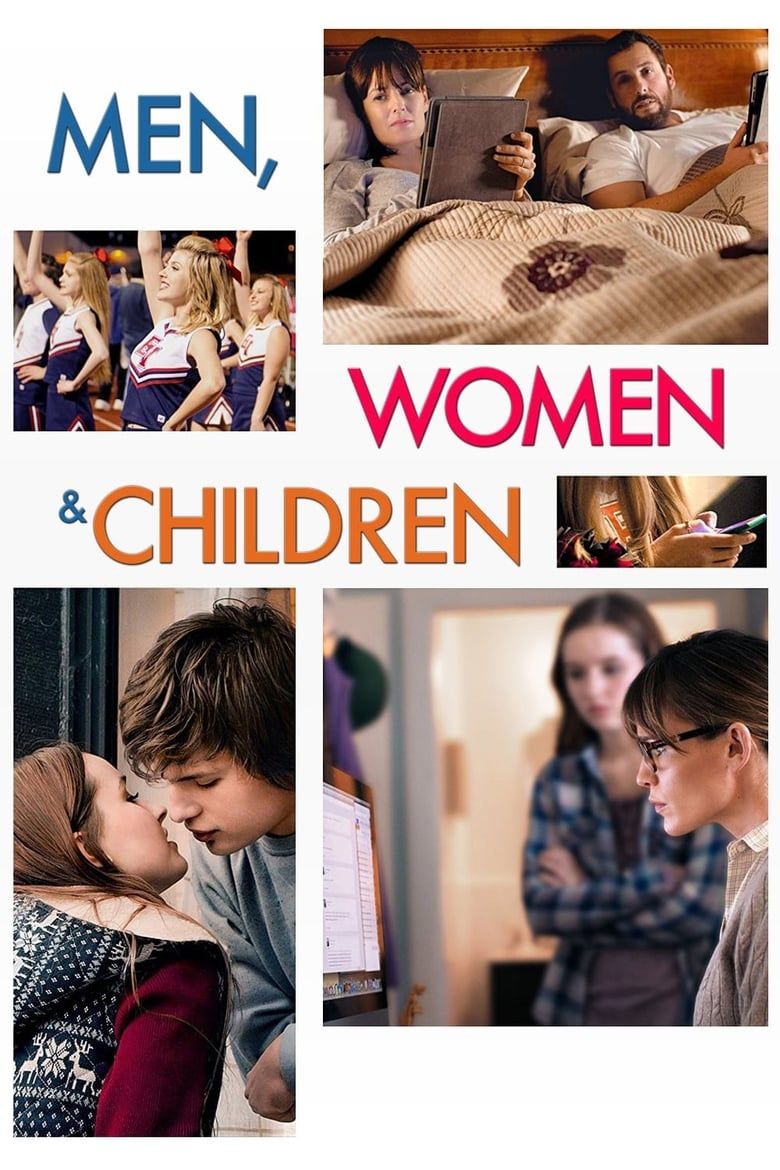
The Strengths of Chalamet and Dever

Despite the film’s numerous flaws, Timothée Chalamet and Kaitlyn Dever’s performances are a highlight of Men, Women & Children. Their portrayals of Danny Vance and Brandy Beltmeyer, respectively, bring a level of nuance and complexity to the film that is otherwise lacking.
Chalamet’s Danny is a bully who takes out his frustrations on others, but he’s also motivated by insecurity. This added depth makes Danny a more relatable character, and Chalamet’s performance brings a level of empathy to the role. Similarly, Dever’s Brandy is a loner who has ignored her mother’s advice and guidance, leading to anxiety about her potential misdeeds online. Dever’s portrayal of Brandy is multifaceted, and her character’s struggles are deeply relatable.
What sets Chalamet and Dever apart from the rest of the cast is their willingness to engage with their characters’ flaws. They’re not afraid to explore the darker aspects of their characters, and this results in a more authentic and engaging performance. Their storylines are also more ambiguous, leaving the audience to determine their own takeaways from the film.
While the rest of the cast struggles to elevate the film’s weak writing, Chalamet and Dever are able to rise above it. Their performances are a testament to the power of strong acting, and they’re a major reason why Men, Women & Children is worth watching.
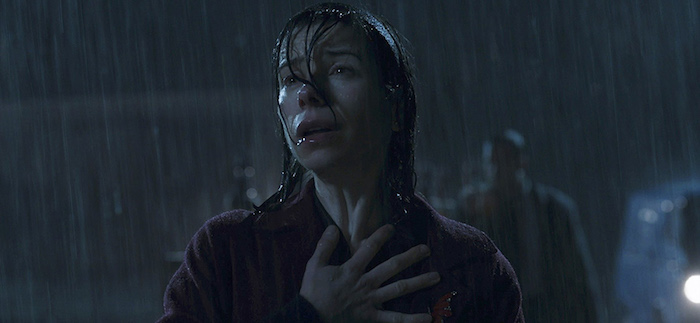
When Ambiguity Fails to Connect
Jason Reitman’s approach to Men, Women & Children is ambitious, but ultimately flawed. The film’s attempt to explore the complexities of the internet era results in a messy, tone-deaf misfire.
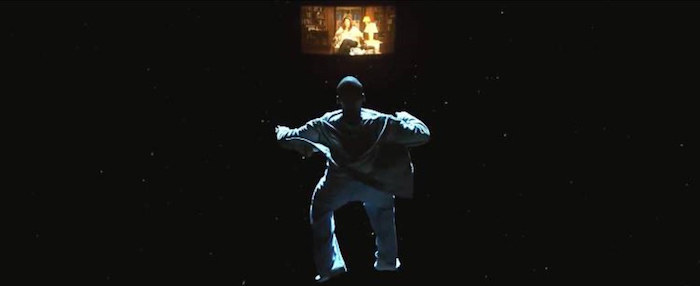
Exploring Reitman’s Ambiguous Approach
Reitman’s decision to leave certain themes open to interpretation is admirable, but it ultimately weakens the film’s message. The lack of clear direction or focus results in a film that feels disjointed and lacking in cohesion.
The film’s exploration of the internet’s impact on relationships is similarly flawed. Rather than delving deeper into the complexities of online interactions, the film resorts to melodramatic twists and oversimplifications. This results in a film that feels more like an after-school special than a thoughtful exploration of the human experience.
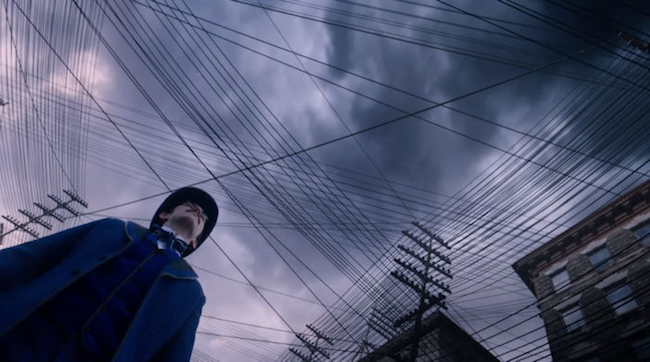
Missed Opportunities for Deeper Exploration
Men, Women & Children had the potential to be a thought-provoking exploration of the internet’s impact on our lives. Instead, the film settles for shallow observations and clichéd characterizations.
The film’s portrayal of the internet as a malevolent force is particularly problematic. Rather than exploring the nuances of online interactions, the film resorts to simplistic warnings about the dangers of the internet. This approach results in a film that feels out of touch and lacking in depth.
By failing to engage with the complexities of the internet era, Men, Women & Children misses an opportunity to explore the ways in which technology is shaping our relationships and our lives. Instead, the film settles for a shallow, surface-level exploration that fails to resonate.
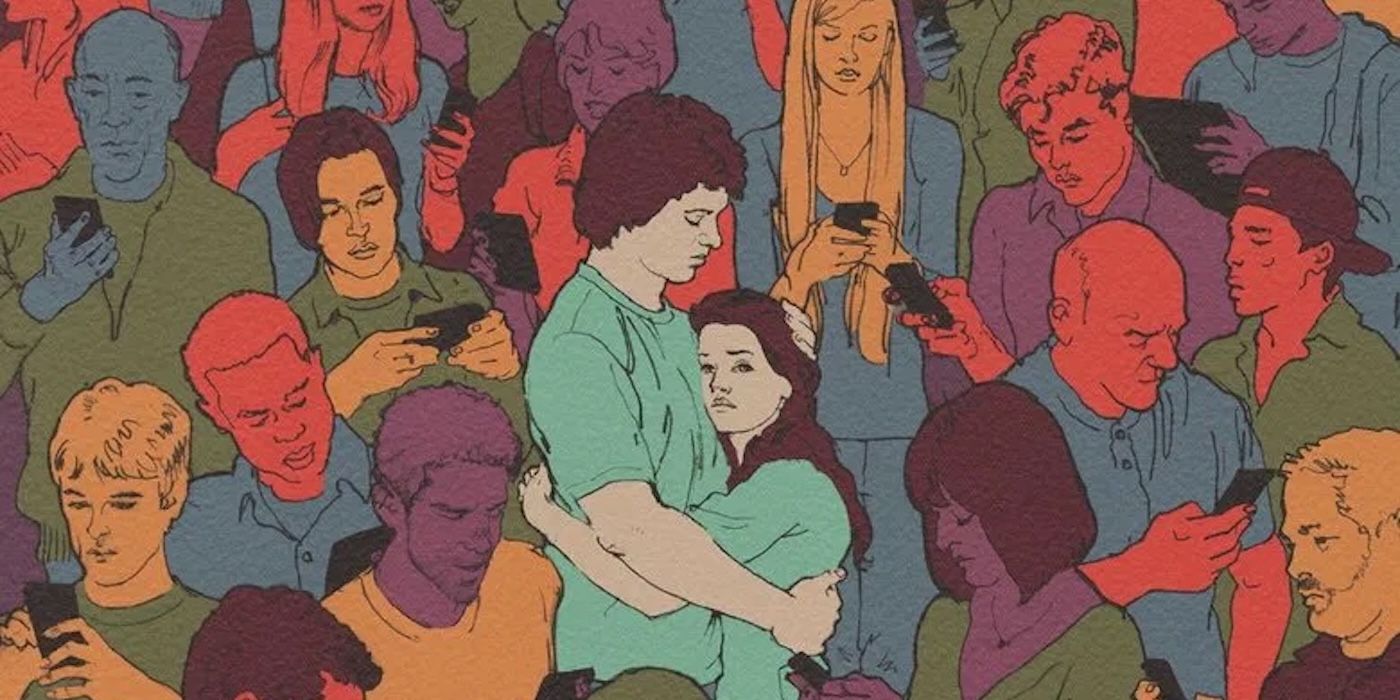
The Lasting Impact of “Men, Women & Children”
Despite its flaws, Men, Women & Children serves as a cautionary tale about the dangers of overly simplistic or preachy approaches to complex social issues.
A Cautionary Tale for Social Commentary
The film’s failure to engage with the complexities of the internet era serves as a reminder of the importance of nuance and depth in social commentary. By resorting to simplistic warnings and clichéd characterizations, Men, Women & Children undermines its own message and fails to resonate.
Rather than serving as a thought-provoking exploration of the human experience, the film feels like a shallow, didactic lecture. This approach not only fails to engage the audience, but it also undermines the film’s potential to spark meaningful conversation and change.
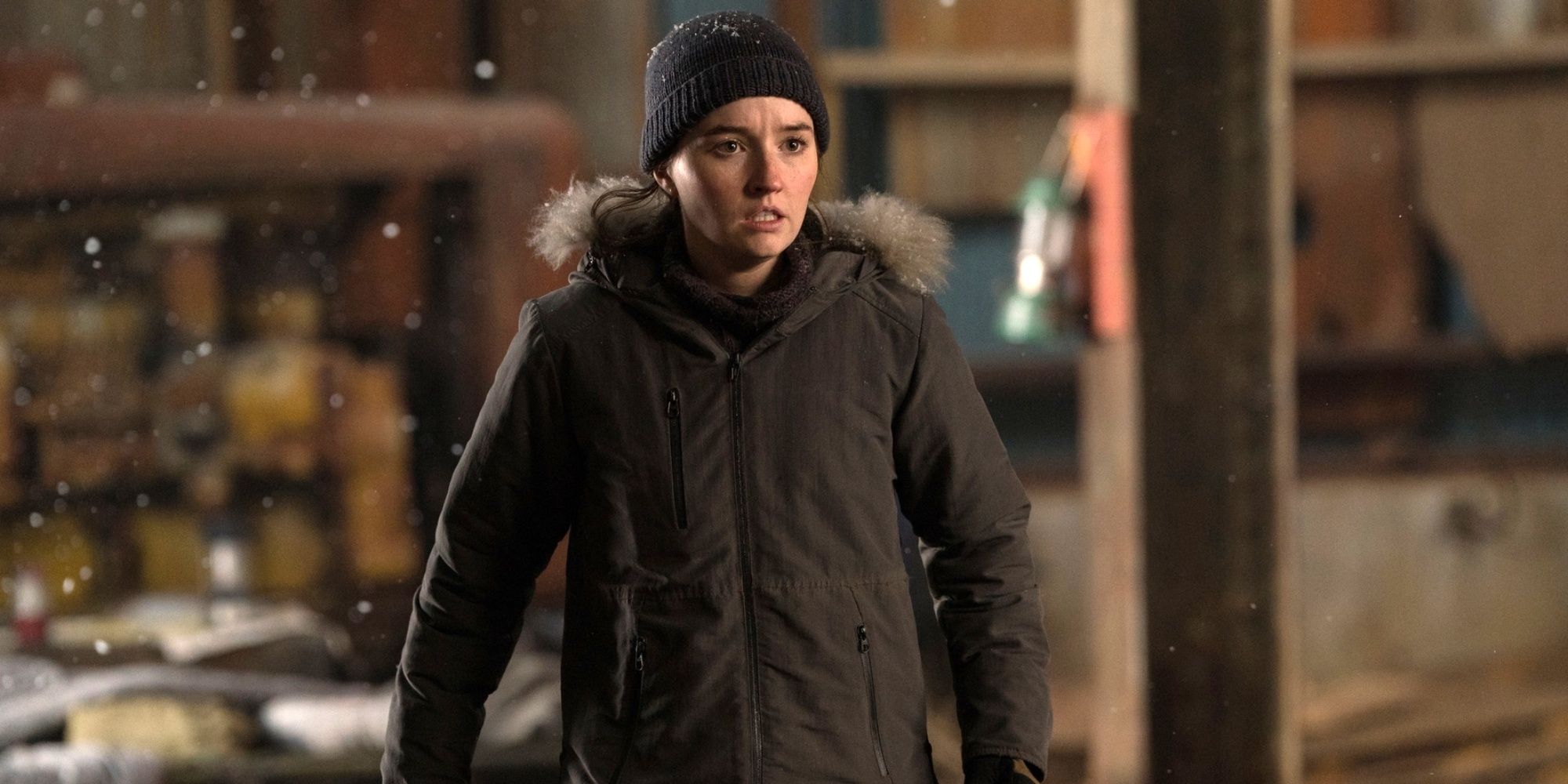
The Enduring Relevance of Internet-Themed Stories
Despite the flaws of Men, Women & Children, the film’s exploration of the internet’s impact on our lives remains relevant and timely. The need for nuanced, thought-provoking explorations of technology’s role in shaping our relationships and our lives is greater than ever.
By exploring the complexities of online interactions and the ways in which technology is shaping our lives, films can play a crucial role in sparking meaningful conversation and change. Men, Women & Children may have failed in its attempt to explore the internet era, but it serves as a reminder of the importance of continued exploration and examination.
Conclusion
In a cinematic landscape dominated by superhero epics and franchise revivals, “The Burial” stands as a stark reminder that powerful stories can be told on a more intimate scale. This courtroom drama, starring Timothée Chalamet and Kaitlyn Dever alongside Adam Sandler in a surprising turn, captivated audiences with its gripping narrative and stellar performances. Yet, despite its critical acclaim and undeniable talent involved, the film’s swift exit from theaters leaves us pondering the complexities of audience engagement in today’s fragmented media landscape.
While “The Burial” undoubtedly resonated with those who sought a nuanced and thought-provoking experience, its limited theatrical run suggests a broader challenge facing independent and unconventional films. In a market driven by blockbuster spectacle and streaming convenience, finding a dedicated audience for stories that prioritize character development and complex themes can be an uphill battle. This raises important questions about the future of cinema: Will theatrical experiences continue to prioritize spectacle over substance? Will independent films find new avenues for reaching their audiences beyond the traditional box office?
“The Burial” may have run its course in theaters, but its impact lingers. It serves as a potent reminder that great storytelling can transcend genre and format, and that even in a crowded landscape, there is always room for nuanced and powerful narratives to captivate our imaginations. Now, it’s up to us, the audience, to decide whether we will embrace these stories and ensure their survival.
